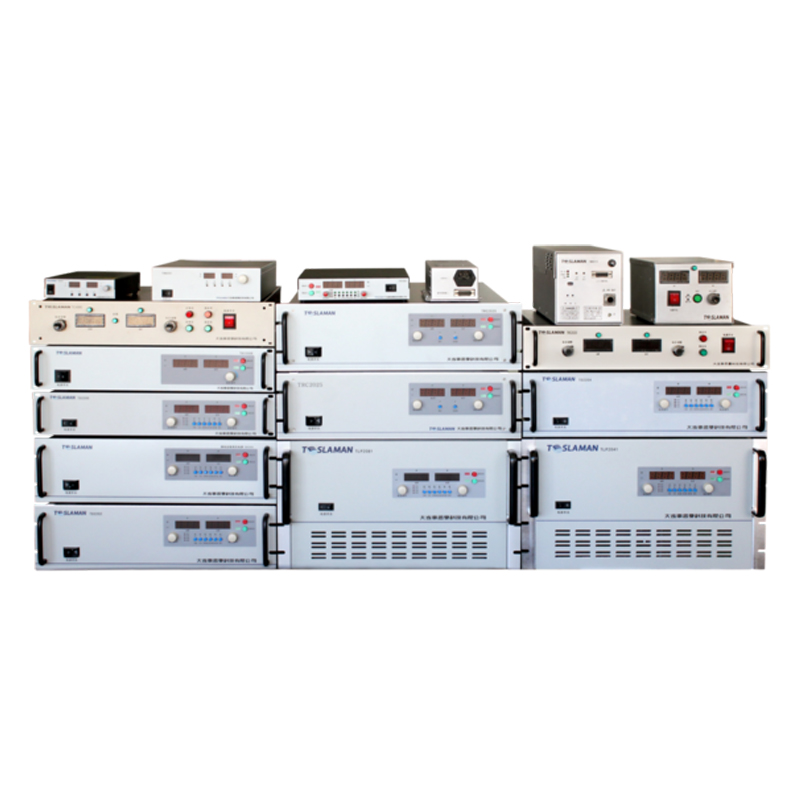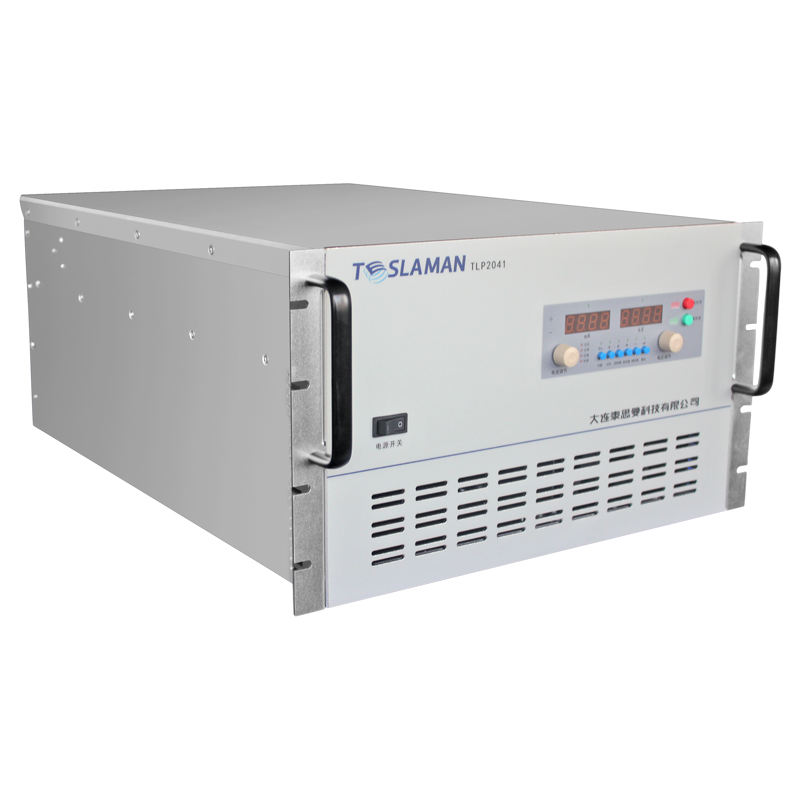Impact of High-Voltage Power Supplies for Irradiation Sterilization on Bacterial Drug Resistance
In fields such as food preservation and healthcare, irradiation sterilization technology has become an important method for ensuring product safety due to its high efficiency and residue-free advantages. As a key device providing core energy, high-voltage power supplies for irradiation sterilization generate electromagnetic fields, high-energy particle beams, etc. When acting on bacteria, these not only achieve the purpose of sterilization but may also have a potential impact on bacterial drug resistance. An in-depth exploration of the relationship between high-voltage power supplies for irradiation sterilization and bacterial drug resistance is of great significance for improving sterilization effects and controlling the spread of drug-resistant bacteria.
High-voltage power supplies for irradiation sterilization generate high-voltage pulses to form strong electromagnetic fields or accelerate high-energy particle beams such as electrons and ions, which act on bacterial cells. Strong electromagnetic fields can disrupt the lipid bilayer structure of the bacterial cell membrane, increasing its permeability and causing the leakage of intracellular substances. High-energy particle beams can directly bombard the genetic materials of bacteria, such as DNA and RNA, causing nucleic acid strand breaks and base damage. During this process, in response to external pressure, bacteria will activate their own defense mechanisms, and their drug resistance may change accordingly.
From the perspective of bacterial cell structure, the energy generated by high-voltage power supplies for irradiation sterilization may alter the protein and lipid composition of the bacterial cell membrane. Transporter proteins on the cell membrane are responsible for the uptake and efflux of drugs. When the structure of these proteins changes due to irradiation, the efficiency of drug entry into the cell and the cell's ability to efflux drugs will be affected, indirectly influencing bacterial drug resistance. For example, if the function of certain transporter proteins is inhibited, originally drug-resistant bacteria may become sensitive to drugs again due to their inability to efflux drugs effectively. Conversely, if the efflux ability of transporter proteins is enhanced, it may lead to a further increase in bacterial drug resistance.
At the genetic level, irradiation causes DNA damage in bacteria. When the degree of damage exceeds the bacteria's own repair capacity, it may lead to gene mutations. These mutations may occur in genes related to drug resistance, such as genes encoding antibiotic targets and genes regulating the expression of drug transporter proteins. Once mutations occur in these key genes, the bacterial drug resistance mechanism will change. Bacteria that were originally sensitive to certain antibiotics may acquire drug resistance, or existing drug-resistant bacteria may expand their resistance spectrum and become resistant to more types of antibiotics. In addition, irradiation may also affect the horizontal transfer process of bacterial drug resistance genes, promoting the spread of drug resistance genes among different strains and accelerating the dissemination of drug-resistant bacteria.
Although the impact of high-voltage power supplies for irradiation sterilization on bacterial drug resistance is complex, rational optimization of power supply parameters, such as adjusting the amplitude, frequency, and pulse width of the pulse voltage, can reduce the risk of the occurrence and spread of bacterial drug resistance while ensuring the sterilization effect. For example, using an appropriate combination of pulse parameters can not only efficiently kill bacteria but also reduce excessive stimulation to the bacterial cell structure and genes, avoiding drug resistance mutations and spread caused by the bacteria's stress response.
In conclusion, there is a close relationship between high-voltage power supplies for irradiation sterilization and bacterial drug resistance. In-depth research on this relationship and scientific regulation of power supply operation parameters are expected to effectively control the development of bacterial drug resistance while giving full play to the advantages of irradiation sterilization technology, providing more powerful technical support for safety assurance in fields such as food and medicine.




















